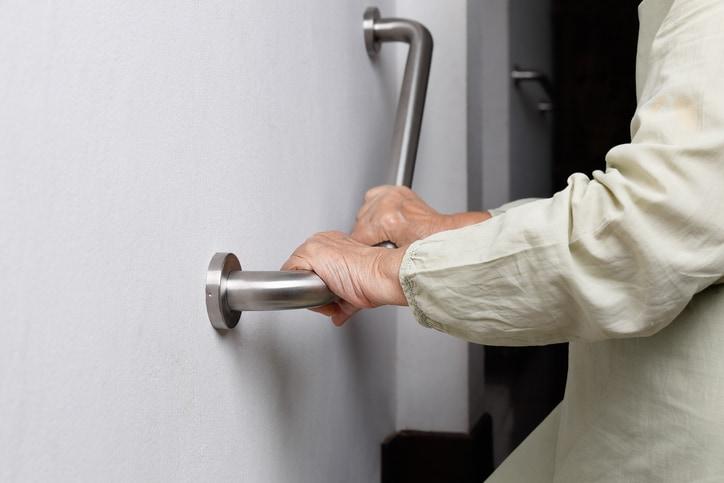Effective communication is at the heart of providing high-quality home care for seniors. Whether you’re a professional caregiver or a family member offering support, your ability to communicate clearly and empathetically can make a world of difference in a senior’s care experience. Here are essential tips to enhance communication with seniors, ensuring their comfort and well-being.
1. Understand Their Background
Every senior has a rich history and unique life experiences that shape who they are today. Taking the time to learn about their background—asking about their life stories, hobbies, and preferences—can help you connect on a deeper level. This not only strengthens your relationship but also makes seniors feel valued and respected. Building rapport through shared understanding fosters trust and creates a more personalized caregiving experience.
2. Use Simple, Clear Language
When providing home care services, it’s essential to keep your language simple and straightforward. Avoid using jargon or complicated medical terms that might confuse or overwhelm the senior. Opt for short, direct sentences and familiar words. For instance, instead of saying, “You need to manage your hypertension,” try, “Take your blood pressure
pills to help you feel better.” This approach ensures clarity and makes it easier for seniors to
follow instructions.
3. Practice Patience and Active Listening
Seniors may need extra time to process information or respond, so it’s important to remain patient. Give them space to speak at their own pace without interrupting. Active listening— nodding, maintaining eye contact, and using phrases like “I see” or “Please continue”— demonstrates that you value their input. This kind of attentiveness makes seniors feel heard and understood, boosting their confidence in the caregiving process.
4. Incorporate Nonverbal Communication
Nonverbal cues, such as body language and facial expressions, play a crucial role in communication. A warm smile, open posture, and gentle gestures can communicate care and compassion, even when words aren’t enough. Small actions, like a reassuring touch on the hand or shoulder, can offer comfort and create a sense of security, especially for seniors who may feel anxious or uncertain.
5. Maintain a Calm and Reassuring Tone
Your tone of voice can influence how your message is received. A calm, friendly tone helps create a positive atmosphere and fosters trust. Even if a senior has difficulty understanding or is feeling frustrated, it’s important to avoid raising your voice or expressing impatience. Instead, speak slowly and softly, as this can help ease any anxiety they may be feeling and make it easier for them to absorb information.
6. Show Respect and Empathy
Treating seniors with dignity and respect is paramount in caregiving. Acknowledge their emotions, even if they seem trivial or irrational to you. For example, if a senior is anxious about an upcoming appointment, don’t dismiss their concerns. Instead, respond with
empathy by saying, “I understand that you’re feeling worried. Let’s talk through it together.” Validating their feelings helps strengthen the caregiver-senior bond and promotes a sense of trust and cooperation.
7. Use Visual Aids for Clarity
Visual aids can be a great tool to enhance understanding, especially for seniors with cognitive challenges. When discussing medications, for instance, using a pill organizer or simple charts can visually explain instructions, making them easier to follow. Visual aids can be particularly helpful when trying to communicate complex information or establish routines.
8. Encourage Questions and Participation
Creating an open environment where seniors feel comfortable asking questions is crucial for effective communication. Invite them to share their thoughts or ask for clarification by saying, “What do you think?” or “Do you have any questions?” This ensures they understand their care plan and feel involved in the decision-making process, which can improve their overall experience and satisfaction.
Final Thoughts
Effective communication is one of the most important skills caregivers can develop when providing home care for seniors. By understanding their background, simplifying language, practicing patience, and showing empathy, caregivers can create a supportive and trusting environment. These tips not only enhance the quality of home care services in Houston but also lead to better outcomes for seniors, fostering their happiness and well-being. Clear and compassionate communication is the key to building strong caregiver-senior relationships and providing the best possible care.






